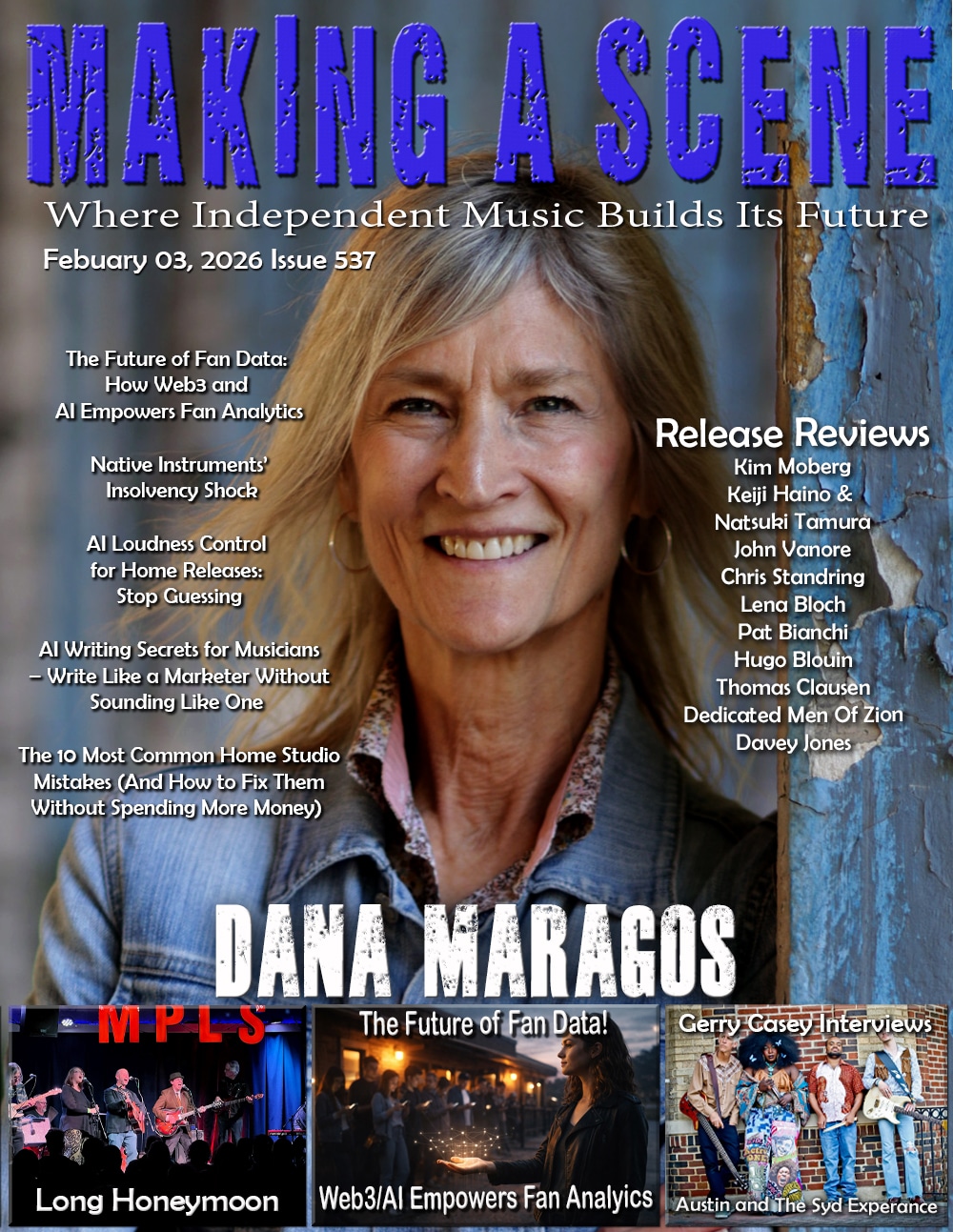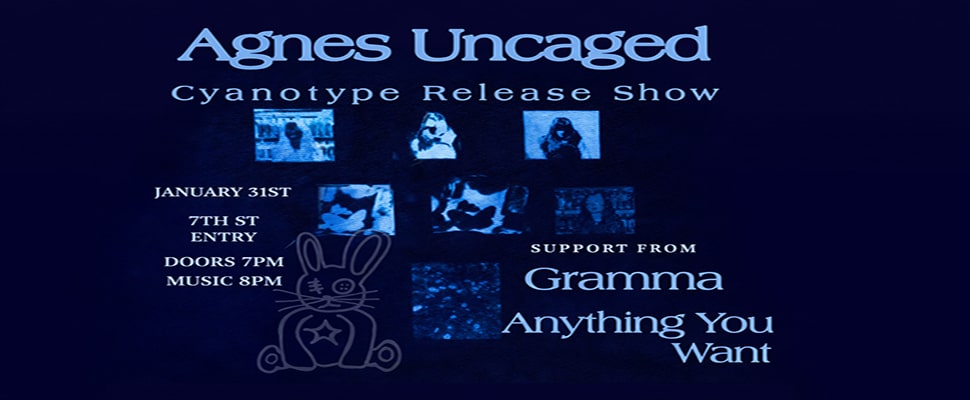Making a Scene’s 5 Predictions for the Music Industry in the 2020’s
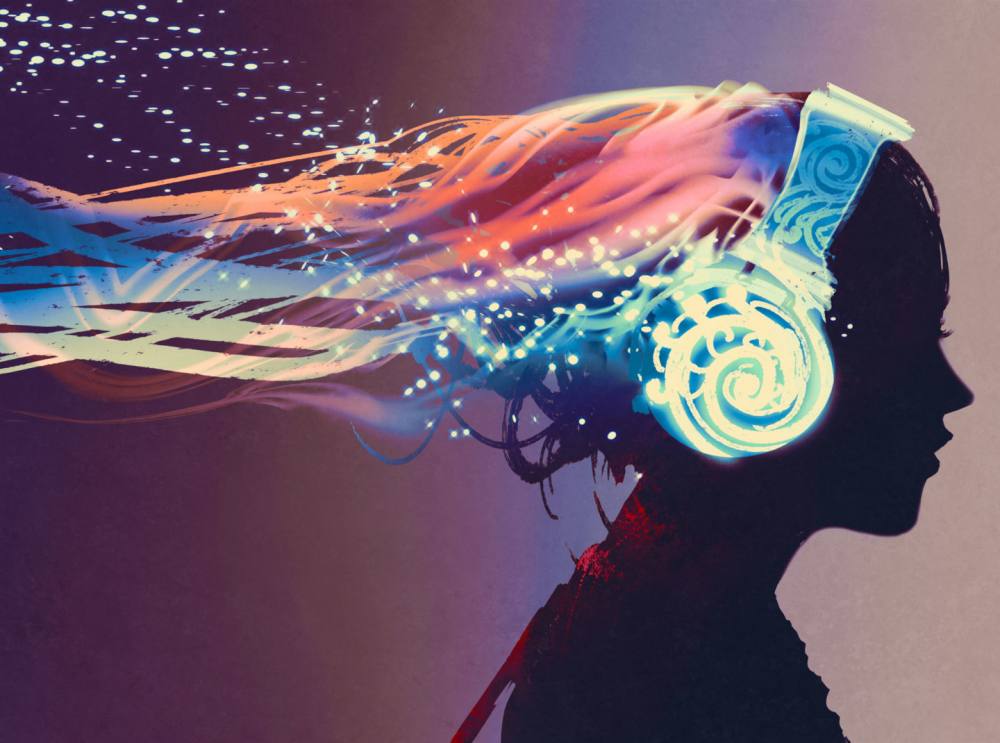
Making a Scene Presents 5 Predictions
for the Music Industry in the 2020’s
The 2000’s have brought a huge shift in the music industry that has been driven by technology. Some, like streaming has benefited the consumer while taking a huge dent out the economics of recorded music. Some have made the creation of music easier and has opened up markets that did not exist before. We try and stay on top of the trends in the industry and bring you the best information we can. With that in minds, Here is Making A Scene’s 5 predictions for the future of music and the music industry as we move into the 2020’s.

1. Economics
Let’s face it, the rise of music streaming has hit the independent artist hard. The reality is, no matter how hard you fight it, this technology is not going away! The consumer no longer wants to store their music, whether it shelf space for a CD collection or space on their device for downloads. This shift has devastated the market for recorded music! On the other hand if you do not participate in this new technology, and have your music available on all the streaming services, you will be left behind! This is a trend that will be continuing in the 2020’s which leaves the indie artist to depend more on live performances.
As for recorded music, there will be more legislation like the Music Modernization Act driven by PRO’s, RIAA and Record company lobbyists. This will eventually trickle down to the indie artist, but the heyday of recorded music will never recover to the same levels it was.
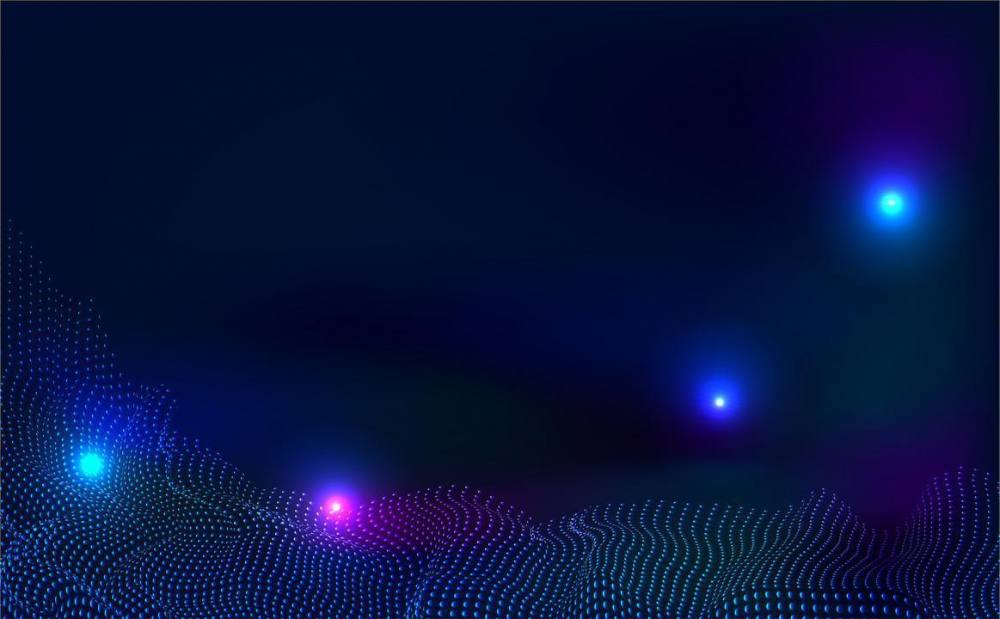
2. Creativity
AI is going to play a larger role in the creation of music! Now before you grab the pitchforks and scream “Heresy”! You need to understand that this has been a growing trend for over 30 years! The First algorithmic melody generator was created in 1985 by Laurie Spiegel called “Music Mouse” and was available on the Apple, Amiga and Atari Computers. Even today there is a heavy use of arpeggiators to create melodic movement in EDM, Hip Hop and any music using synthesisers.
In the Early 1990’s David Bowie developed a program to help him write lyrics called “The Verbasizer” which he used extensively in his songwriting.
AI algorithms are getting more sophisticated and are approaching the point where they can analyse hit songs and spit out idea’s based on that formula. Now, do I believe that machines will take over the task of writing songs? I don’t think so, but I do believe that the tools that will be put at the disposal of songwriters and creative individuals will become extremely powerful. This power will become an important part of the creative process.
There are a few online AI music composition sites such as Amper Avia Autochords and Chromes “Melody Maker” There is also Software such as “Orb Composer” and “Midi Madness” to help create melodic ideas.

3. Recording
As we mentioned above, the market for recorded music has and will continue to diminish as a purchasable item for a consumer market. This will hit the recording studio industry just as hard as it will hit the indie artist. It will fuel the rise of the DIY artist who writes and records their own music in their bedrooms and basements. This has already started to become a trend with artists like Billy Eilish who with her brother wrote and recorded her chart breaking EP in her bedroom. In the 2020’s we will see more sampled instruments, Microphone models and recording hardware and software that will take much of the experience of the recording engineer and put it at the fingertips of the indie artist.
An Example I had a session in my studio where a guitarist brought in a “Kemper profiler” into the studio. This unit has almost 1,000 “Profiled” amps that not only gave you the sound of the amp, but gave you the sound of the amp as it would move through the recording chain “Microphone to Preamp to Etc”. And it sounded amazing, to the point that I was unable to tell the difference between the Kemper and a real amp mic’d with my Fathead Ribbon Mic. On the same session I used a sampled Grand Piano which gave me the option to change microphone profiles and placement. In addition I was able to move between different piano’s to find just the right sound for that particular song. I used Warm Audio‘s version of the U47 and EL 251 Microphones a well as Slate Digital’s ML-1 Modeling Microphone. I had Warm Audio API and Neve 1073 preamps which are way more cost effective than the originals. There is mastering software that lets you load in a song you like and it will extract the mastering profile of that song and you can then apply it to your song.
The point is, in the next decade you can look forward to technology to continue to evolve where it will allow you to make high quality recordings of your own music on a budget and fueling the home recording industry! Years or recording techniques are going to be interjected into the future technology whether hardware or software making the recording process easier.
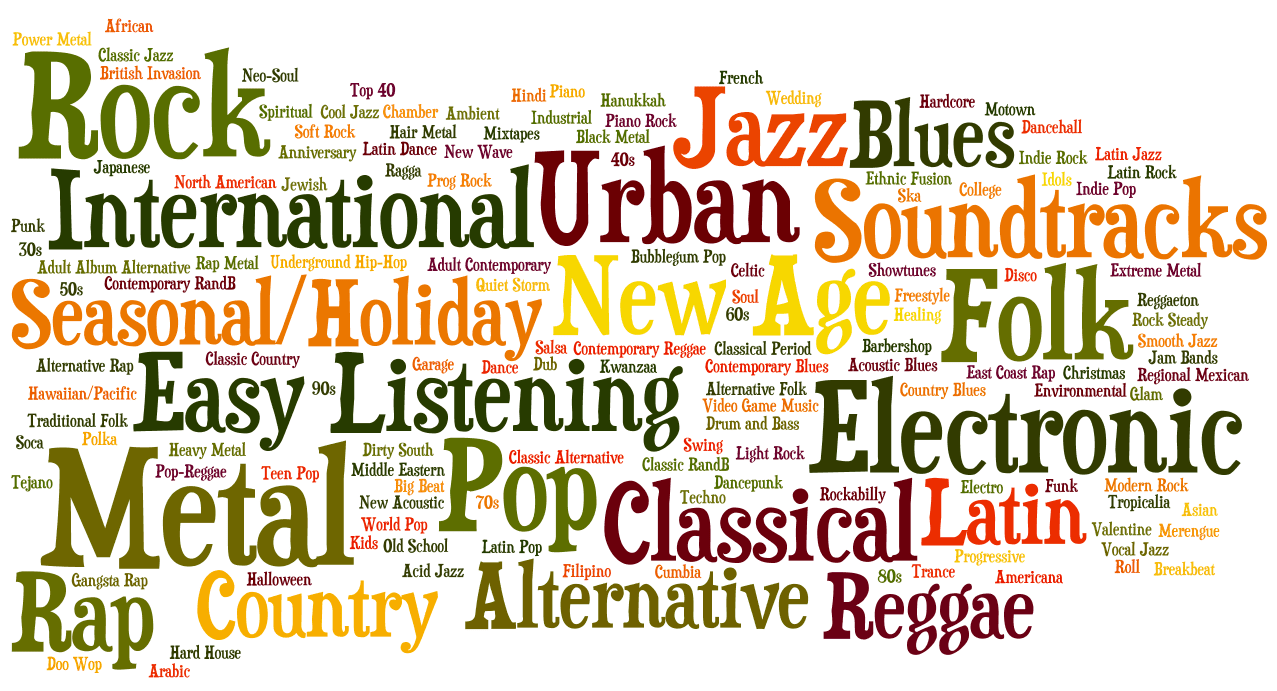
4. Genre
Now I know that some of you are going to balk at this one, but the facts bear me out. The new music consumer does not care what the music in their playlist is called. They choose their music based on how the music makes them feel and how well it fits their particular playlist. The Indie artist in the future needs to look at the market on a broader basis and create music that has more diversity to be successful. You can see this happening today where country music has embraced Justin Timberlake and Pink as evidenced by their performances on the Last CMA Award show. In the 2020’s the boundaries of genre specific marketing and music creation will become a thing of the past.
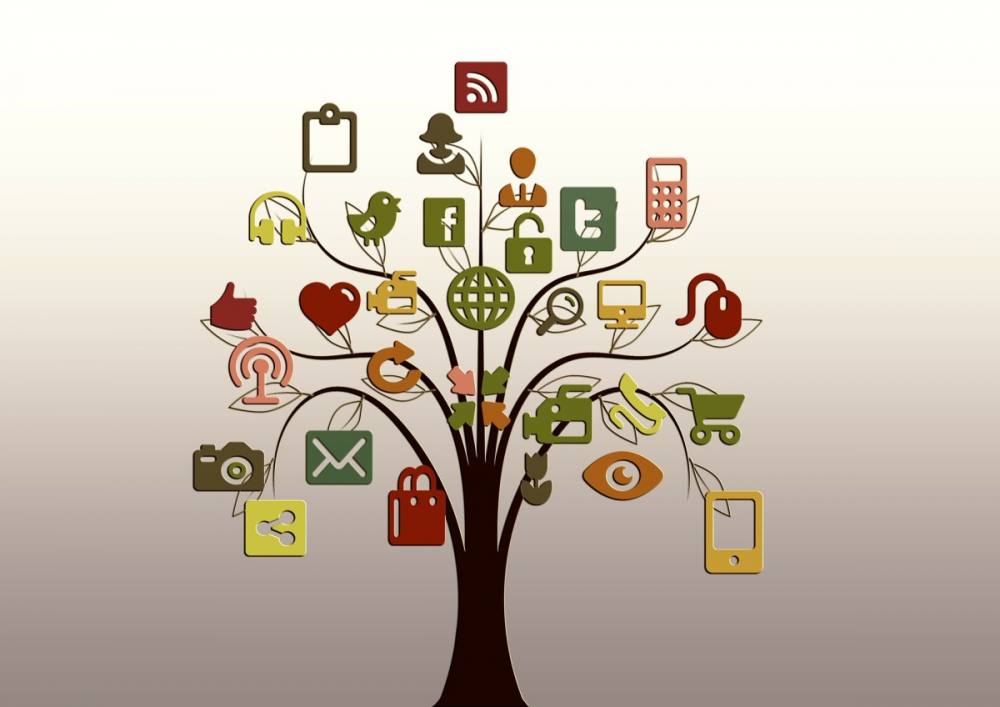
5. Marketing
As the new music consumer does not own the music, the artists is does not own the fan base from the streaming platforms. The exercise for the indie artist in the 2020’s is using social media platforms (current and future) to remain relevant. It is no longer sufficient to write and record good music. You now have to become a multi-media artist and celebrity personality. The job is going to be to build and then connect and engage with that streaming fanbase in such a way that they become “hard” fans who want to invest in ticket sales and merchandise. In the 2020’s There will be an industry built around doing just that. The Indie Artist team will move from the record companies, Radio promoters and Public Relations experts to programmers, playlist influencers and content creators.
Discover more from Making A Scene!
Subscribe to get the latest posts sent to your email.
